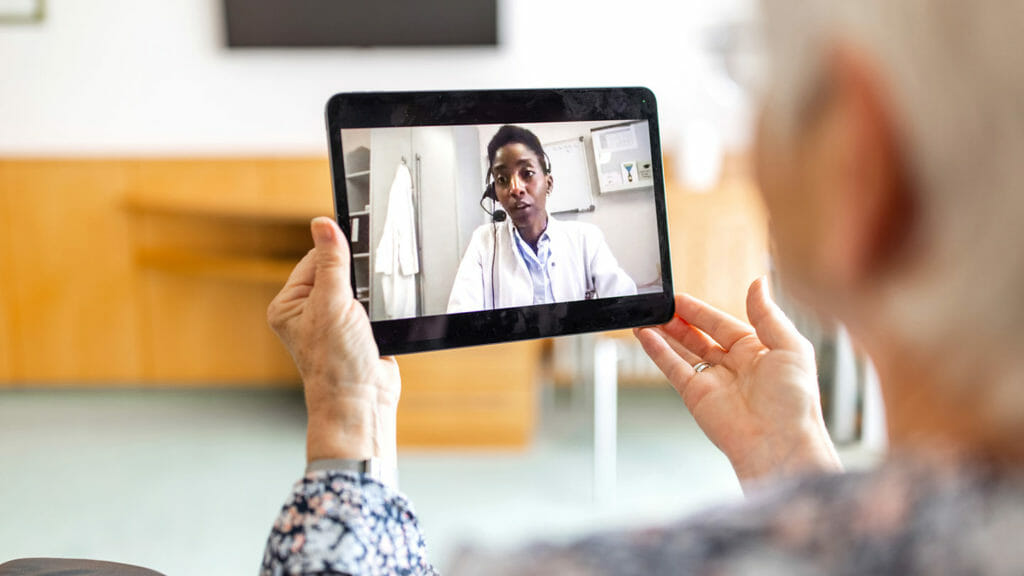
During the COVID-19 pandemic, telehealth flourished in the healthcare sector, making it easier for patients to see doctors virtually and get the care they needed without leaving wherever they lived. In fact, telehealth is forecasted to grow even more over the next decade, rising from an estimated $106 billion in the U.S. in 2023 to $912 billion by 2033, according to a study by Future Market Insights.
But despite such recent and expected explosions in telehealth’s popularity, the Medicare Payment Advisory Commission says it’s tough to draw conclusions on its impact due to a dearth of data.
MedPAC’s April public meeting session on telehealth noted that its impacts on care, costs and quality couldn’t be determined due to lack of data and the unknown limitations of Covid-19. Panelists blamed the lack of data on not enough variation or distinction between different telehealth services, like remote patient monitoring and chronic care management.
Other telehealth limitations MedPAC cited in its meeting notes included pre-pandemic literature not being helpful in understanding telehealth’s impact, difficulty in measuring the quality of clinician care, and Medicare’s lack of reliable data sources such as lab results and patient-reported outcomes. MedPAC also noted that the time period of available fee-for-service claims data overlapped with the surge in COVID-19 cases in 2021.
As McKnights has reported, some clinicians remain skeptical about the value of telehealth for older adults. Some 60% of clinicians in a West Health Institute survey said telehealth is “dangerous” for older adults because of their complex medical needs. Forty-seven percent of survey respondents reported using telehealth to serve older adults in skilled nursing or other long-term care facilities and outpatient clinics. However, 68% of clinicians surveyed said they “often” or “always” work to ensure seniors and their caregivers are prepared for and understand what to expect from a telehealth encounter.
In January, Congress’ Consolidated Appropriations Act of 2023 extended telehealth flexibilities from the COVID-19 era, such as higher Medicare payments for telehealth services provided in office settings, through December 2024.
Read more technology-related stories here.

